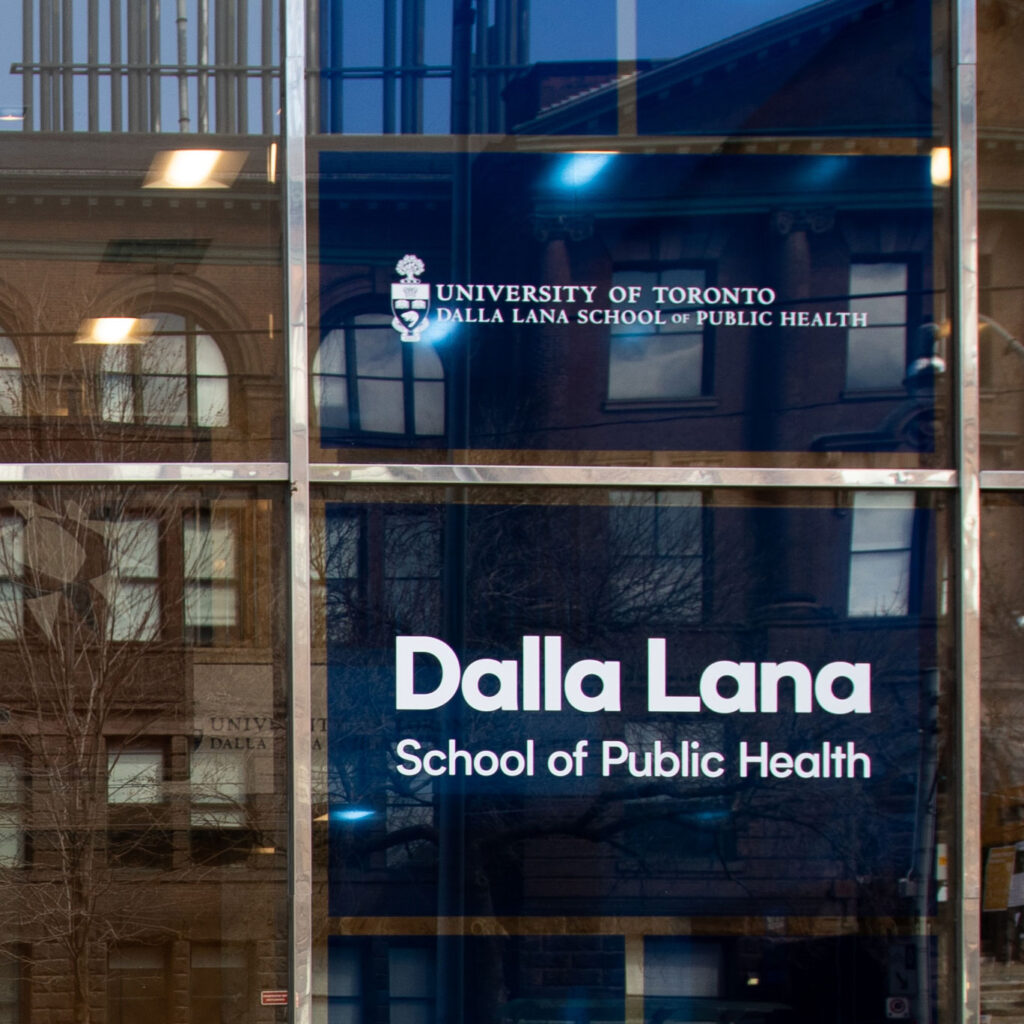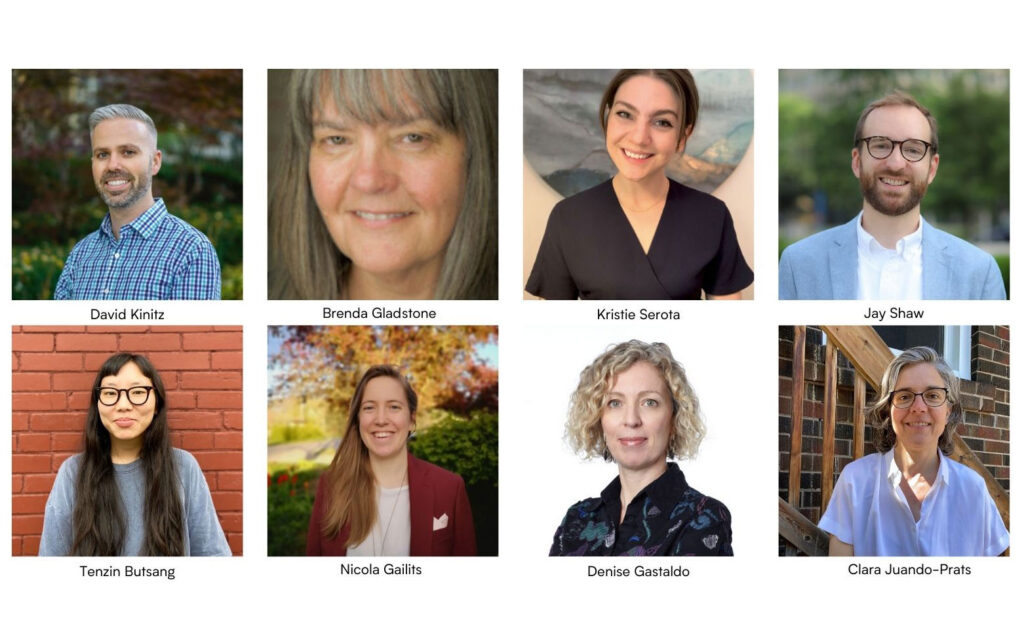$3.5-million gift to uncover hidden health impacts by expanding critical qualitative health research

How do you visualize hidden health impacts?
A girl stands alone in the middle of an empty desert.
A woman looks directly at the viewer, her mouth covered with band-aids.
These artworks are helping public health researchers understand more about the lives of young mothers during COVID and the systemic barriers that reinforce health inequities. Qualitative research like this aims to see health matters in context, to get at aspects of health that are difficult to measure or are invisible, and to ask better research questions.
The study’s lead, Assistant Professor Clara Juando-Prats, is a member of the Centre for Critical Qualitative Health Research (CQ), a multi-disciplinary academic unit founded in 2009 in the University of Toronto’s Dalla Lana School of Public Health. Her arts-based methodology is only one of many different qualitative approaches to studying health. CQ’s adage, ‘doing science differently’, underlies the use of qualitative data and analysis and social science theory to understand matters of health and health care.
Now, Professor Emerita Joan Eakin and her husband Chris Hoffmann have made a $3.5-million gift to ensure the future development and vitality of CQ and its research education program.

Critical qualitative health research conducts inquiries ‘against the grain’
The Dalla Lana School’s Centre for Critical Qualitative Health Research works as a community of practice — debating, developing, sharing, merging their philosophies of knowledge and method; inquiring ‘against the grain’ to develop new understandings of public health.
To learn about the impact of COVID on her study participants — young mothers who mostly speak English as a second language, have low support, and are racialized — Juando-Prats first considered that many of her participants didn’t have a safe place to stay, or access to Zoom. So she set out to create a welcoming and accessible space for them online, noting that “a primary goal was to eliminate some of the structural barriers that make it difficult for them to participate and have a say in research that is done on them, and change it to doing research with them”. She then began art workshops that enabled participants to express their experiences in a form that could be used for research.
Researchers associated with CQ have turned their qualitative lens onto power dynamics and the assumptions underpinning the policy and practices of health promotion and prevention, or have studied health-related practices in settings such as hospitals, long-term care homes, and workplaces. Other CQ researchers based at Canadian universities have focused on health care systems and decision-makers, or examined patient experiences in relation to specific health problems like childhood concussion, HIV, and dementia.
Social gerontologist and Associate Professor Pauli Gardner challenges assumptions about aging and disability by immersing herself in the lives of older adults. Assistant Professor Sarah Elton spent a summer working in a community garden alongside local residents for her study of human-plant interactions in the creation of an effective urban food ecosystem. DLSPH Assistant Professor Amaya Perez-Brumer is studying the power dynamics entangled in how we ‘do’ global public health research and policy-making.
Eakin and Hoffmann’s gift will create two permanent chairs
Eakin, a pioneer in the field of qualitative health research and founding director of CQ, has directed her gift to the endowment of two permanent Chairs, one a junior tenure-track faculty position in research methodology, and the other a senior level scholar and the next Centre director. The Chairs will work with the academic fellows of the centre and other researchers in its international networks to further develop the field of qualitative research methodology, and seed it with new generations of researchers at its most questioning and innovative edge.

